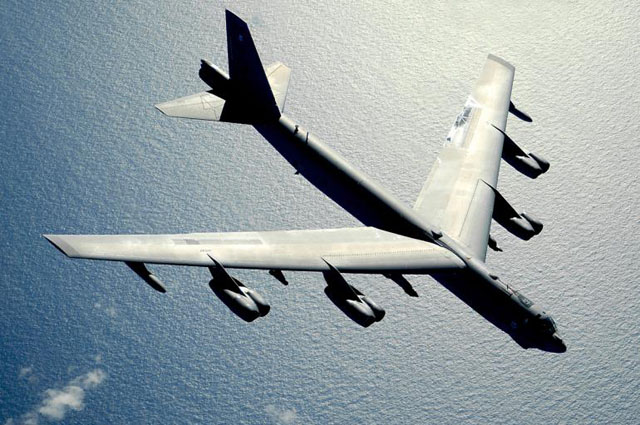Japan was left baffled following advice from the US State Department to domestic airlines that told them to heed Chinese requests when flying through its new air defense identification zone (ADIZ) in the East China Sea.
Three major US airlines have confirmed they began notifying Chinese aviation authorities of flight plans, raising concerns that Washington was drawing back support from its Japanese ally.
“The US government generally expects that US carriers operating internationally will operate consistently with NOTAMs (Notices to Airmen) issued by foreign countries,” the US State Department said in a statement on Nov 29.
Although the advice “does not indicate US government acceptance of China’s requirements for operating in the newly declared ADIZ,” the department said. The US stressed that it places a priority on the safety of civilian aircraft.
The US voiced strong backing for Japan against China’s unilateral action in establishing the zone, which requires foreign aircraft to disclose flight paths to Chinese authorities or risk being intercepted by military jets.
Japanese carriers insisted on flying unannounced through the zone while the US assured Tokyo that it would defend its ally if it is attacked and flew unarmed B-52 bombers over the islands.
US Defense Secretary Chuck Hagel has called China’s air zone “a destabilizing attempt to alter the status quo in the region” and warned that it “increases the risk of misunderstanding and miscalculations.”
But Washington’s latest move stunned Japan. “The US action may represent Washington’s intention to be interpreted either way, giving consideration to both commercial carriers demanding the safety of flights and the Japanese government,” a senior Japanese Foreign Ministry official said.
The US advisory came as Japan raised the dispute over the zone at a meeting of the International Civil Aviation Organization in Montreal. The zone could threaten the order and safety of international aviation, a Japanese government representative told the UN agency.
Image of US B-52 bomber: International Business Times









